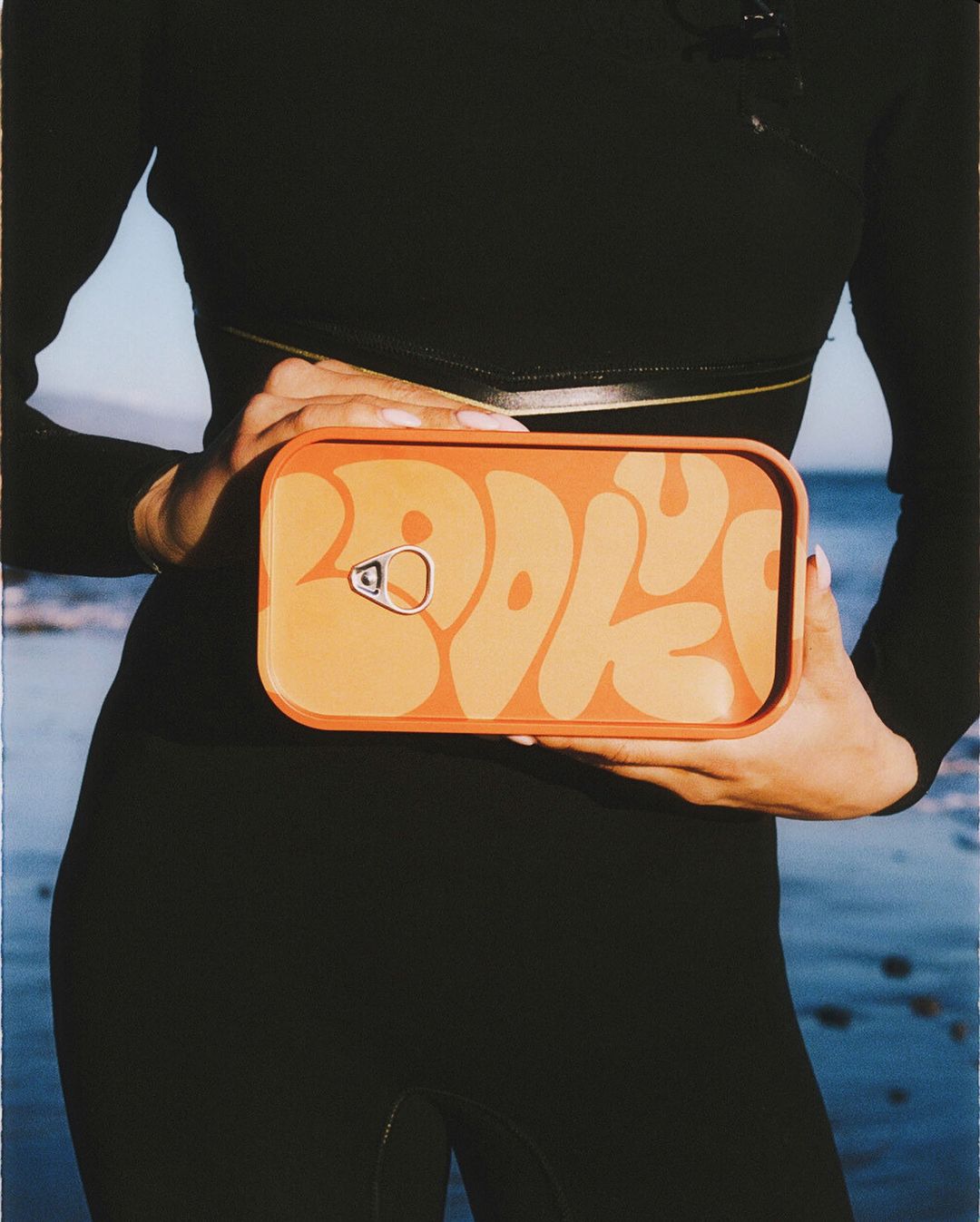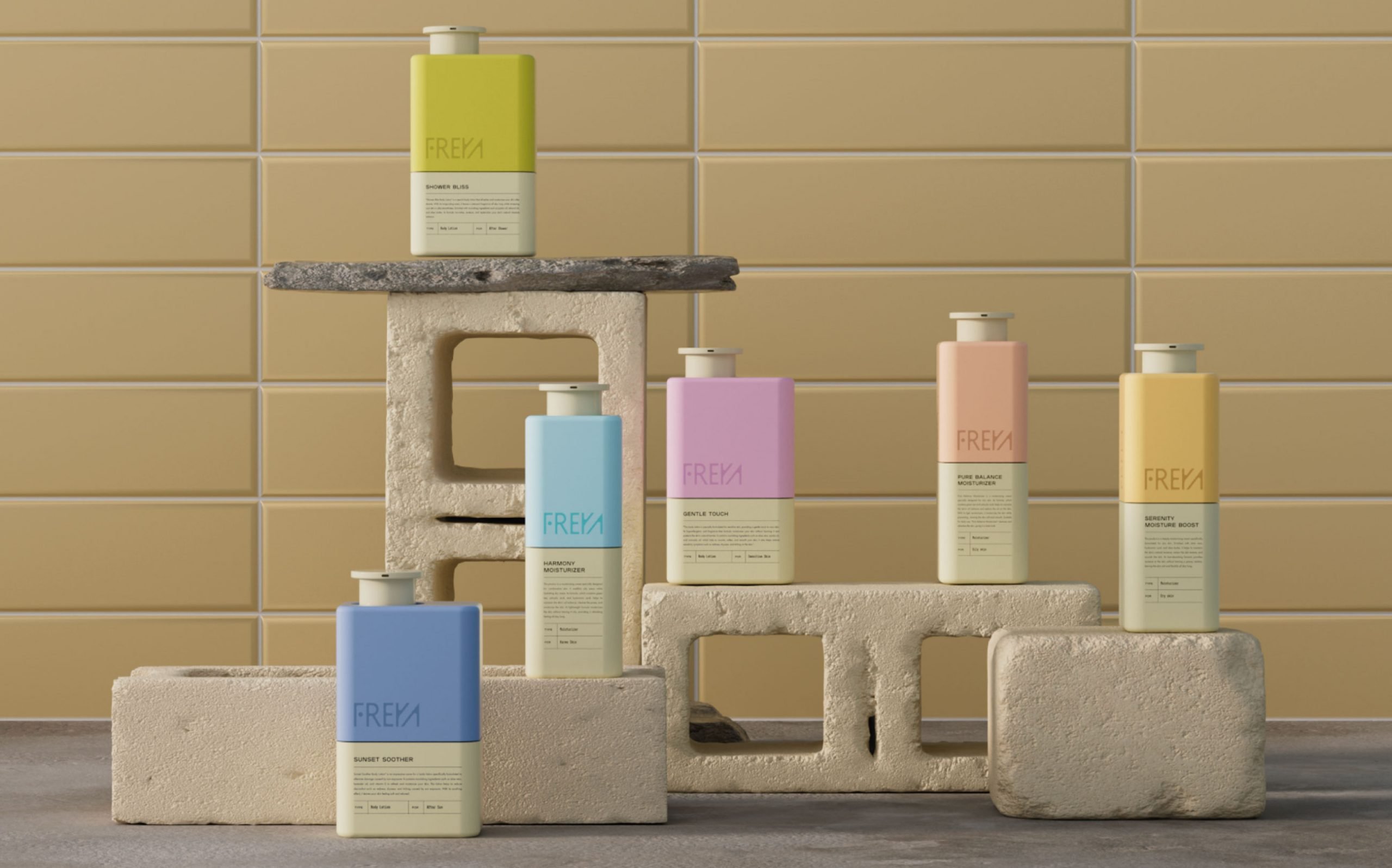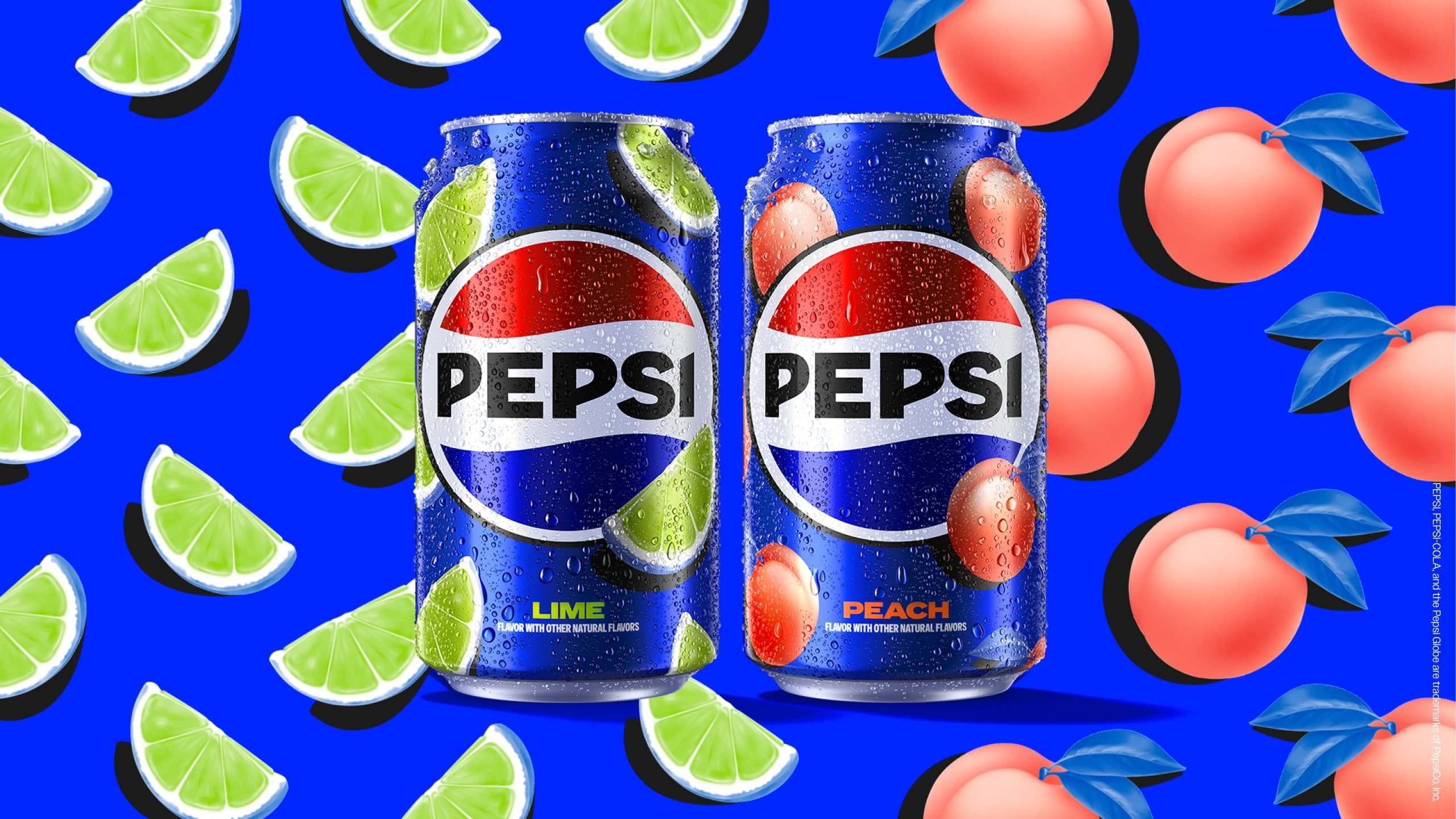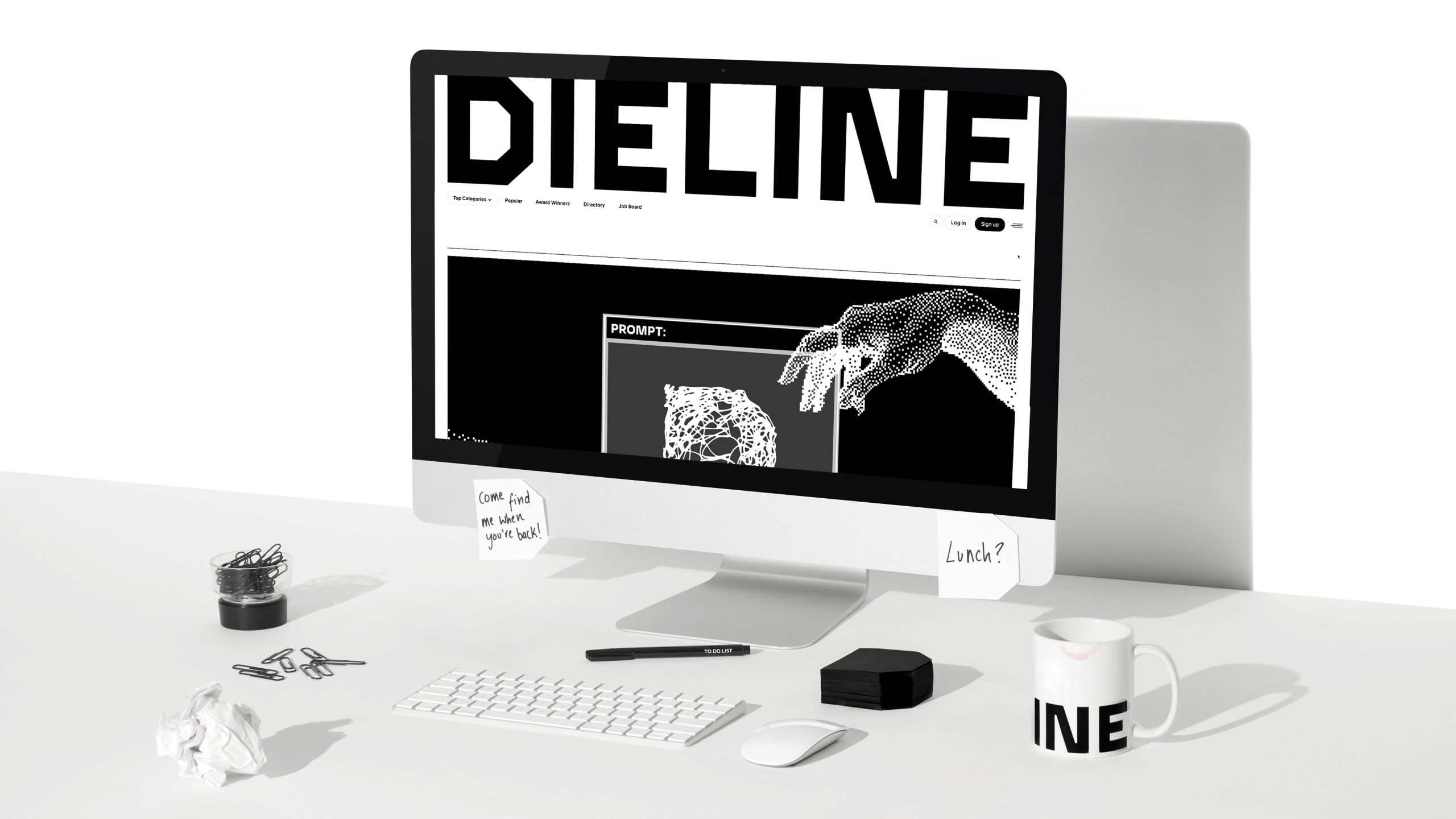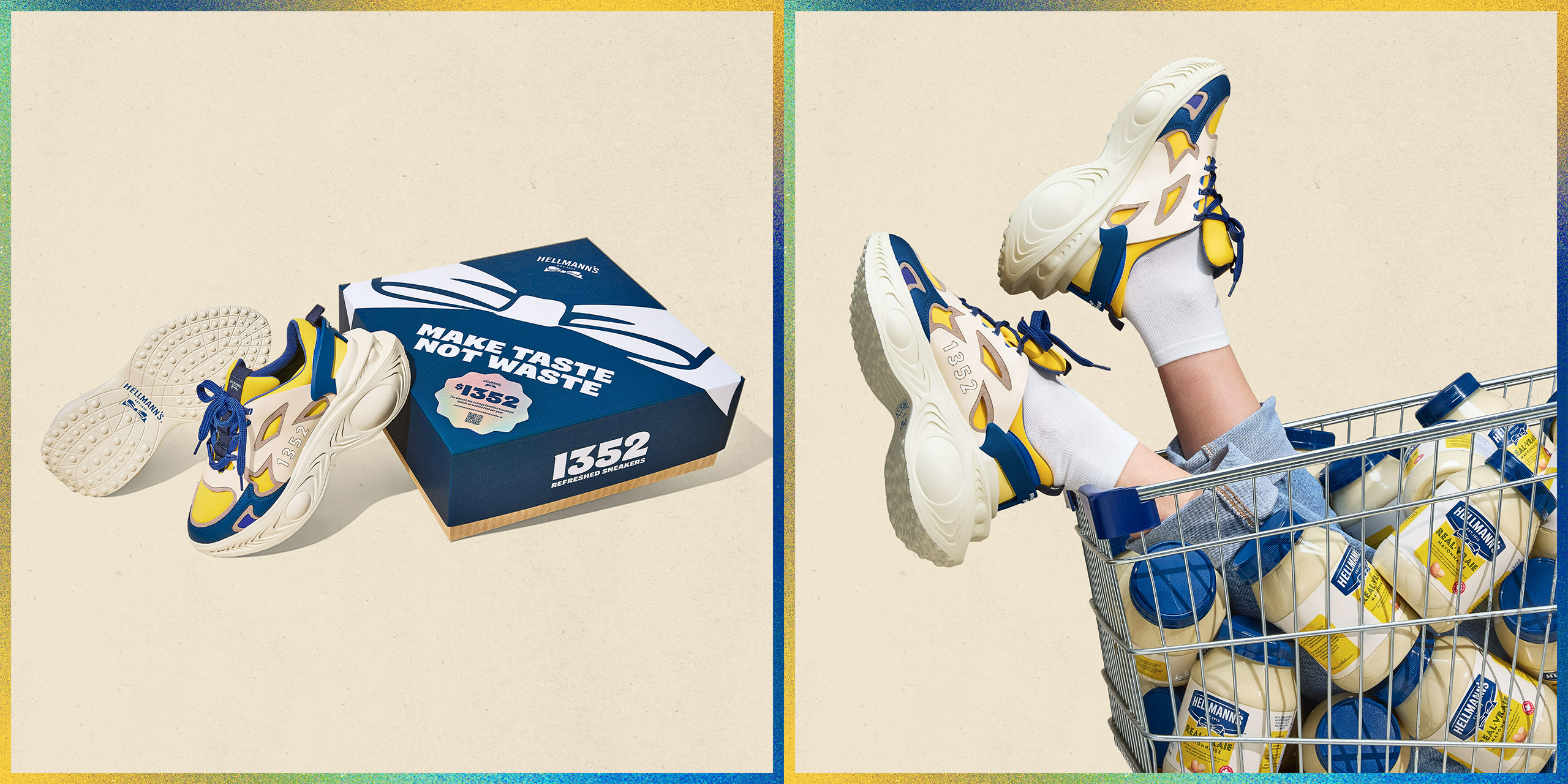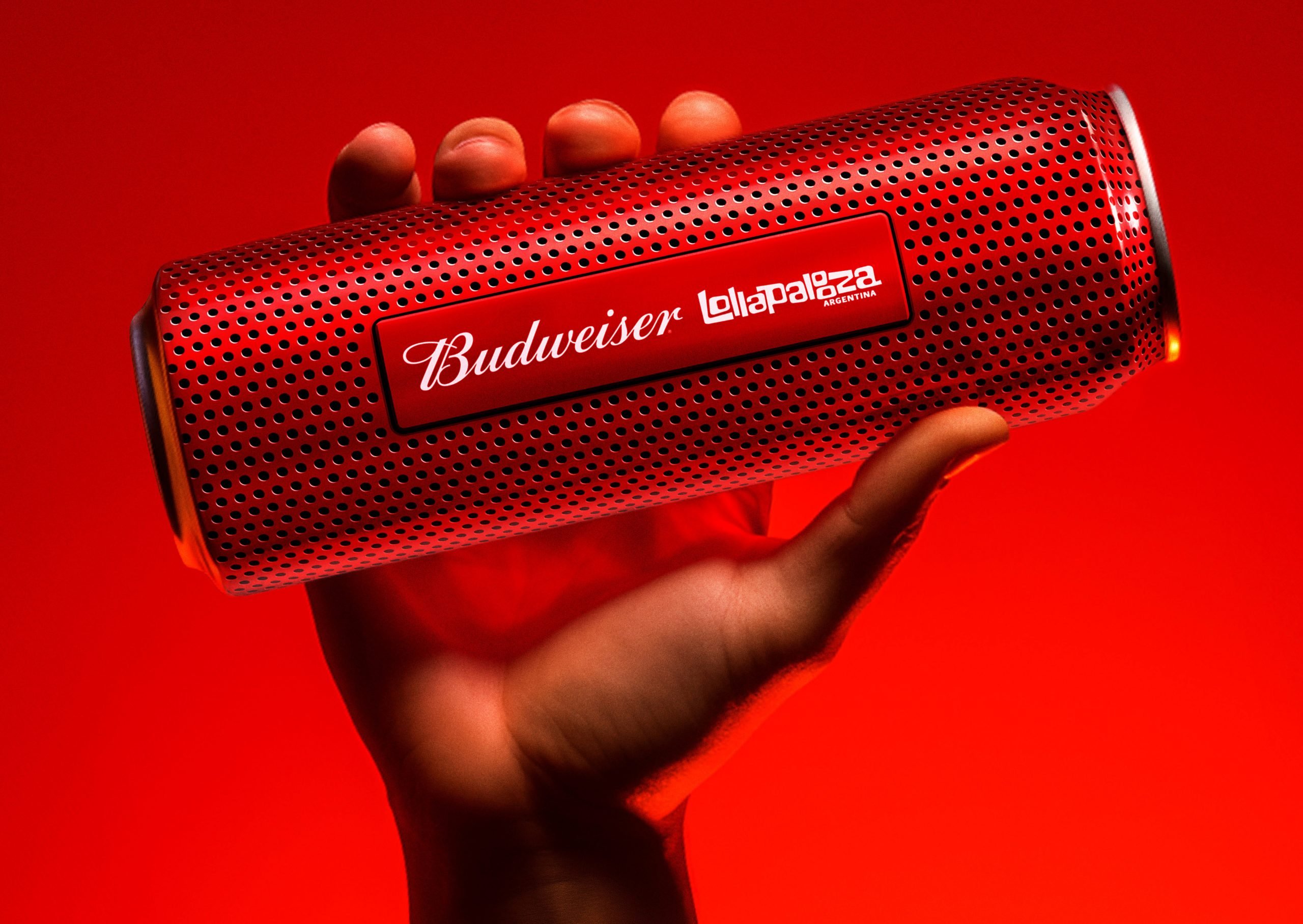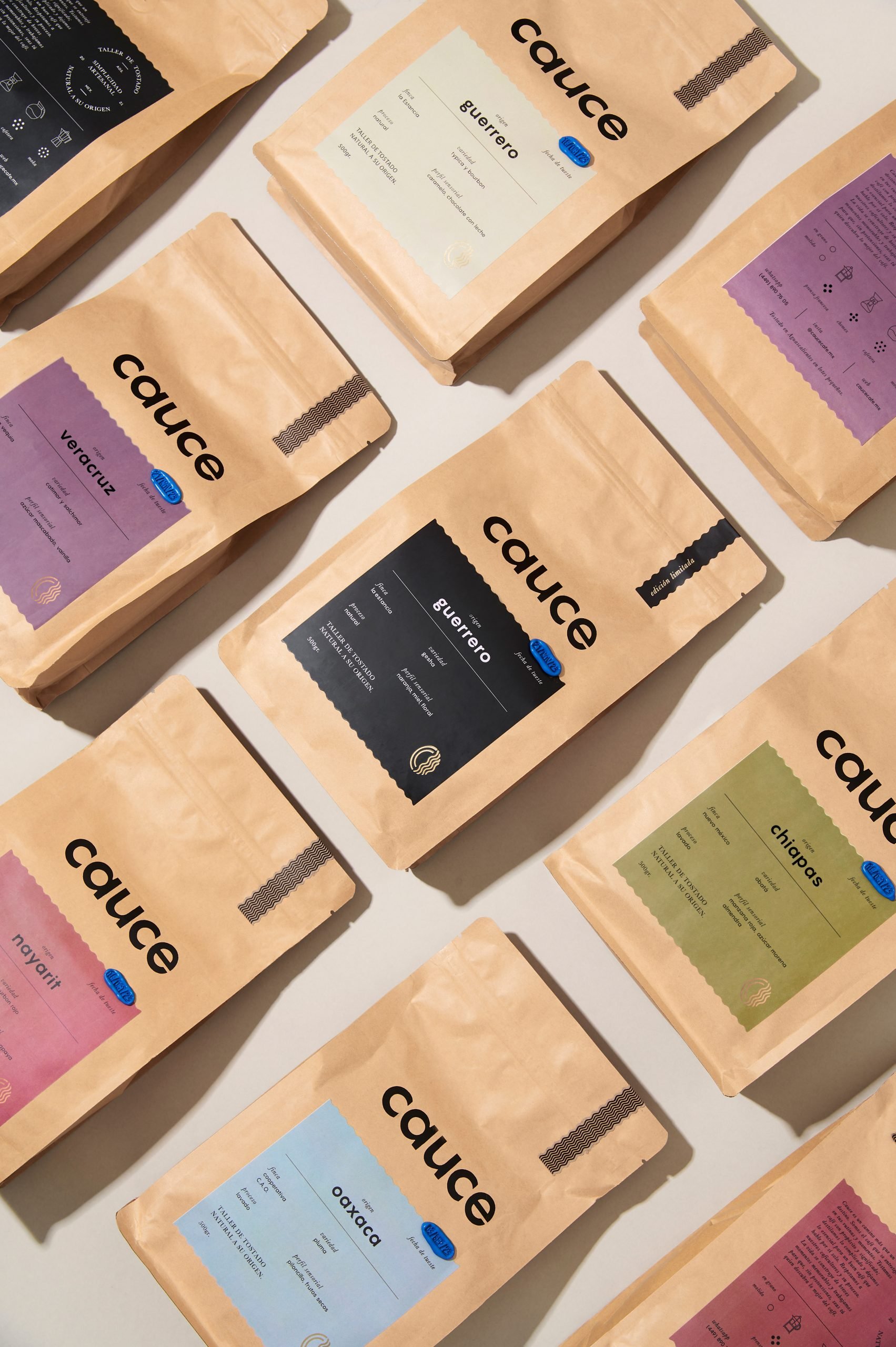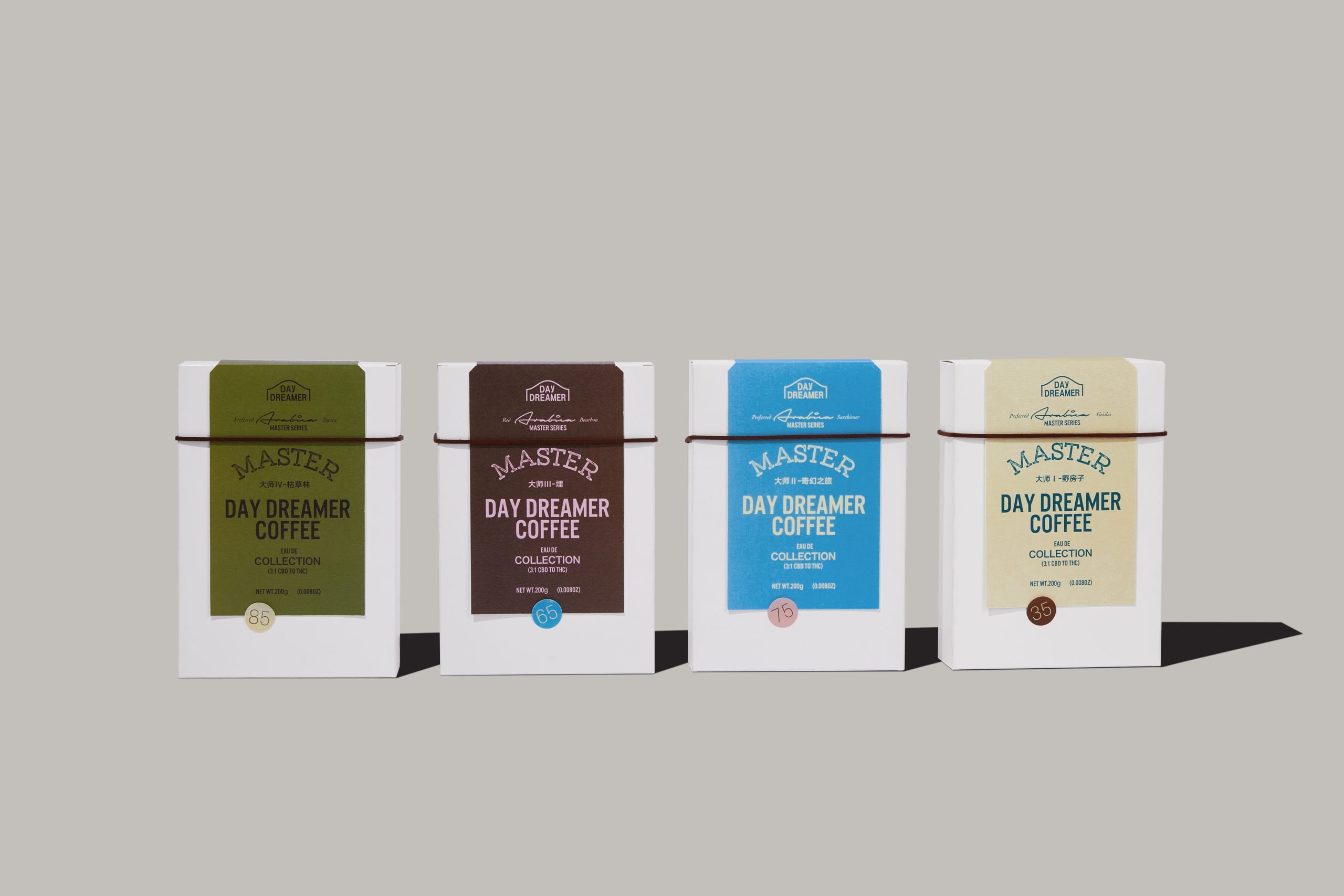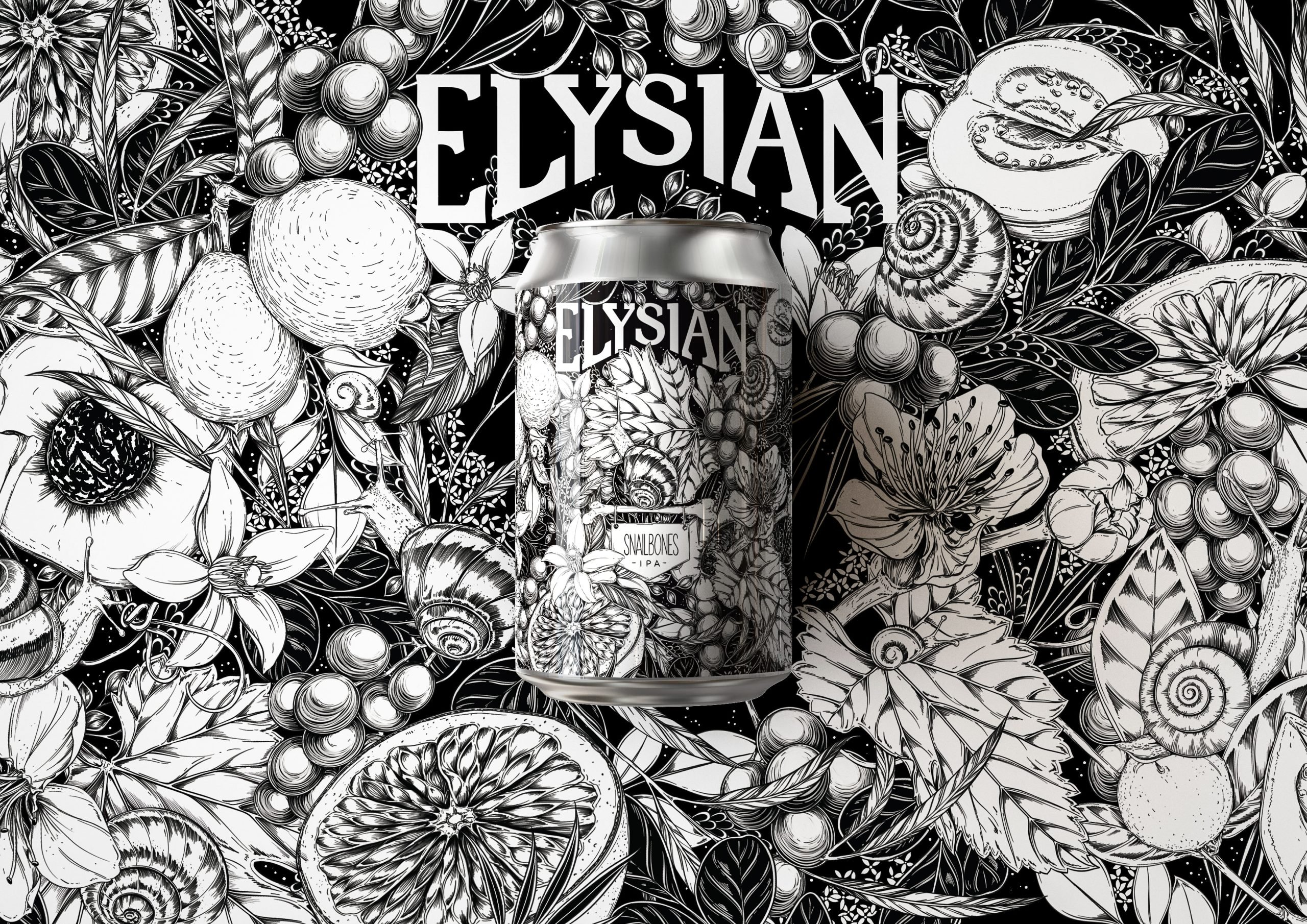PLANT is a line of apothecary goods that will make you feel good, inside and out. Not only are the products comprised entirely of natural ingredients, but they’re made with the help of disabled adults who work at the nonprofit BKLYN UNLTD workshop. We sat down with Holly McWhorter and Bjarke Ballisager, the founders and husband-and-wife team behind PLANT Apothecary, to discuss Scandinavian modern design, premium packaging, and creating products with a conscience.
Theresa: You’re both former architects, so how do you feel that this background has helped you in creating and managing PLANT?
Holly: I’d say the most direct connection between our work as architects and work with PLANT is the emphasis on aesthetic design. Other than our formulations, our approach to our package design is both of our strong suits, if you will—it’s what initially prompted us to launch the line. We wanted to bring really safe, simple, straightforward product formulations to market in packaging that was equally straightforward in design, and at the time (2011), there weren’t so many brands doing that. Then, beyond the aesthetics, I’d say there’s a certain “design thinking” approach that we bring to running the company. Architecture in practice is all about problem-solving to reach an idealized goal—sometimes in necessarily innovative ways, and we bring that approach to pretty much everything we do at PLANT.
